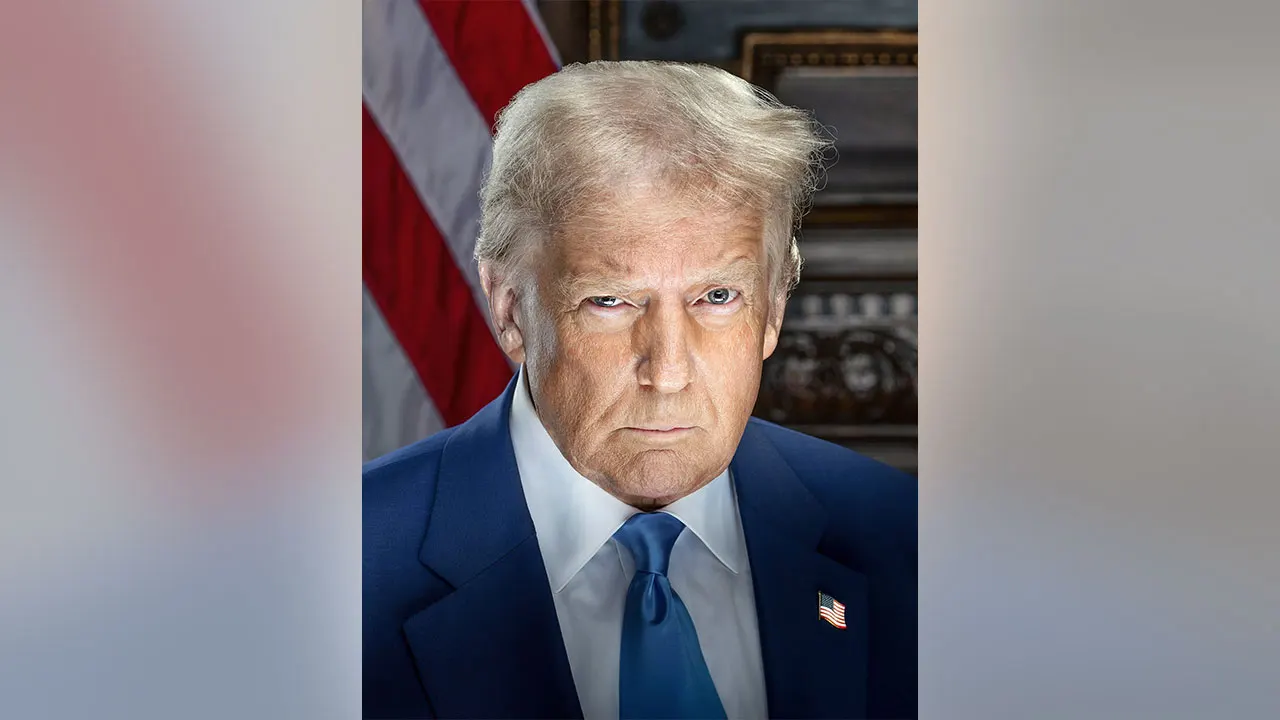World
Trump sanctions on ICC protects US military and government officials, former NSC staffer says

Executive Order Sanctioning the ICC: A Divisive Move in International Justice
Introduction: A New Chapter in International Relations
President Trump’s recent executive order imposing sanctions on the International Criminal Court (ICC) has sparked a firestorm of debate, marking a significant shift in U.S. foreign policy. The move, designed to protect American and Israeli officials from potential prosecution, highlights the complex interplay between national sovereignty and international justice. This decision comes in response to the ICC’s actions against Israeli leaders and reflects broader concerns about the court’s role in global affairs.
Arguments in Favor: Protecting Sovereignty and Countering Lawfare
Proponents of Trump’s executive order argue it is a necessary defense against what they perceive as "lawfare"—the misuse of legal systems to target individuals politically. Richard Goldberg, a former Trump official, emphasizes the need to protect American soldiers and officials from unwarranted prosecution by a body he describes as an "international kangaroo court." By targeting ICC officials and service providers, the order aims to draw a clear line against judicial overreach, ensuring that the U.S. and its allies are not unfairly subjected to international legal actions.
The ICC’s Response: Upholding Justice and Independence
The ICC has firmly condemned the sanctions, asserting its commitment to impartial justice and the protection of victims of atrocities worldwide. The court maintains that its independence is crucial for upholding international law, unaffected by political pressures. This stance underscores the ICC’s role as a vital institution in the global justice system, seeking accountability for severe crimes while facing criticism for perceived bias and overreach.
Global Reactions: A Polarized International Community
The international community is divided regarding Trump’s sanctions. On one side, countries like Hungary praise the move, viewing the ICC as a biased political tool. Conversely, nations such as France, Germany, and the UK have reaffirmed their support for the ICC, highlighting its importance in addressing international crimes. This division reflects broader tensions between sovereignty and global governance, with the ICC at the center of the debate.
Political Implications: Domestic and International Dynamics
Domestically, Trump’s move aligns with his administration’s "America First" policy, resonating with his political base ahead of the midterm elections. The order bypasses Congressional delays, showcasing executive authority. Internationally, it signals a tough stance on global institutions perceived as challenging U.S. interests, potentially influencing alliances and future international cooperation.
Conclusion: Balancing Sovereignty and Justice
In conclusion, Trump’s sanctions on the ICC represent a strategic move to protect U.S. and Israeli interests while challenging the court’s authority. While supporters view it as a defense of sovereignty, critics argue it undermines international justice. The debate reflects broader tensions between nationalism and global governance, with the ICC’s future role hanging in the balance. As reactions unfold, the world watches closely, aware that this decision may shape the landscape of international justice for years to come.











